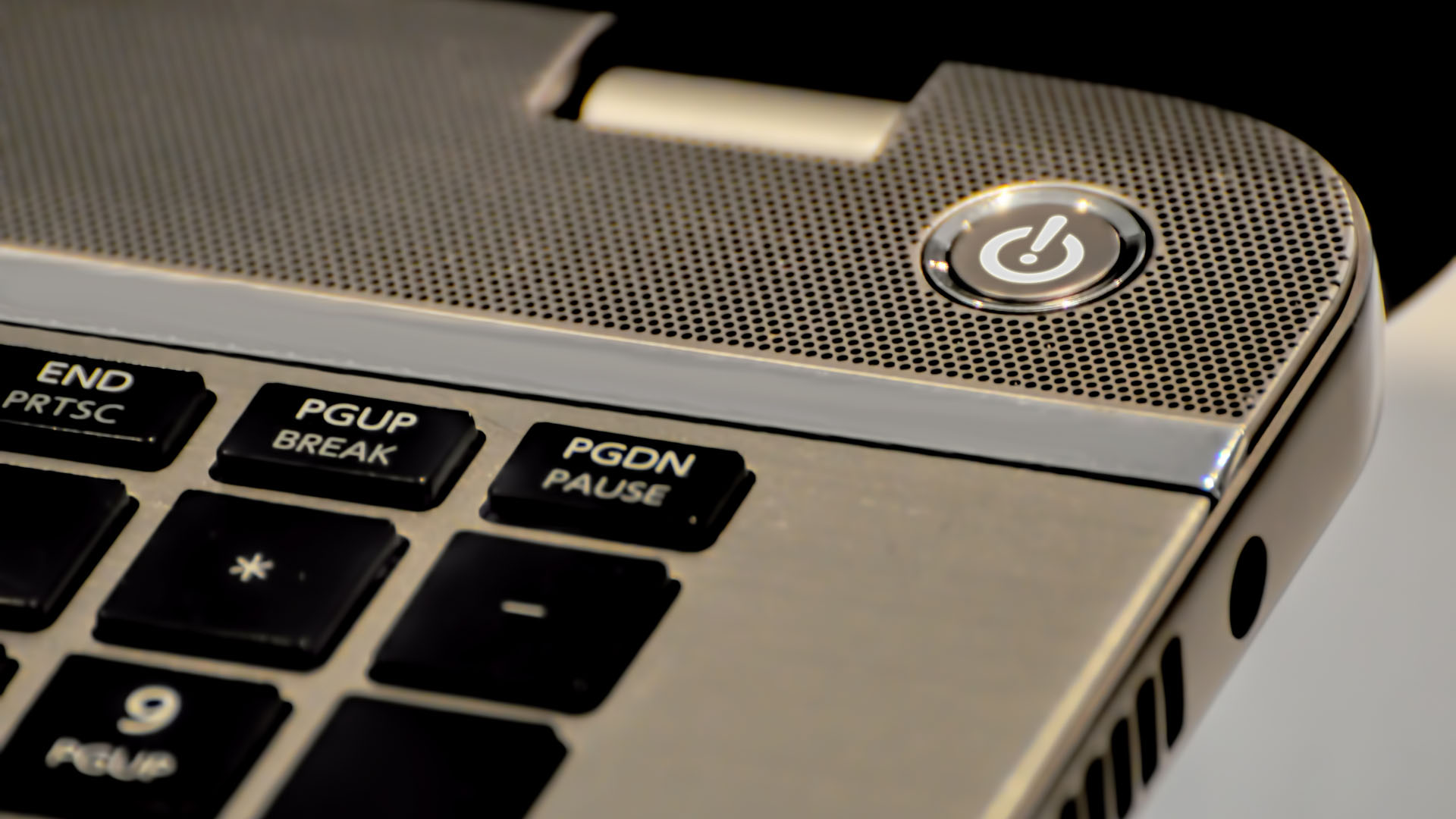Good website design Burleigh Waters has evolved into a particular skill that is a combination of up-to-date technical knowledge, including new developments in SEO methodologies and programming languages; having an artist's eye for colour, image and form; a security officer's attitude to risk; a communications officer's understanding of how people think, read and respond and a creative marketeer's ability to communicate effectively with their target audience.
Over and above all these skills must be an ability to apply the principles of good webdesign Burleigh Waters to a particular company. That means learning about that company's business, their daily operations (sometimes in great detail), their branding and marketing objectives, their history and their people. The web designer must also fully take on board a company's plans for future expansion and the addition of new services or products the company may be planning to introduce.
Underlying these skills must also be a detailed understanding of the continually changing developments in Human-Computer Interaction (HCI). The correct application of the fundamentals of HCI will greatly help to ensure your customers find your website easy to understand, easy to navigate and find what they want and which will be a website that helps a visitor to click all they way through ordering and to finalise payment.
TotalsimplicI-T's web design Burleigh Waters specialists will design and successfully implement your website. Once up and running your web-site must be maintained, have fresh content provided, its images updated, testimonials added, blogs maintained and, vitally, SEO performance constantly monitored. A good web designer Burleigh Waters also has to keep themselves informed about developments in web-site design; mobile 'phone and app developments; online payment systems and a host of other constantly changing IT issues.
There are a great many skills a web designer Burleigh Waters must have to produce a properly functioning and maintained and successful, profitable online business. Let TotalsimplicI-T be your first call.
What is Human Computer Interaction (HCI)
HCI is "the study of interaction between people (users) and computers". It is a combination of knowledge domains, including computer science, the behavioural sciences, design and several other areas of knowledge and study. Interaction between users and computers includes the hardware and software used and the user interface itself. For example, studies have shown that a particular position on the computer or smart-phone's screen and the colouring and font used in "click to order" or "click to pay" links promote more clicks than other combinations and placements.
HCI studies also investigate eye movements, how users use a mouse, which part of the page they read first or in most detail, what kind of information presentation do users require for different types of products and services. These studies are combined with demographics. Older people may not be as computer savvy as a younger target market and they will require different layouts, font sizes, information detail and other distinguishing factors that will affect a good, focussed website design.
A very unnerving example of getting your HCI wrong occurred at the Three Mile Island nuclear meltdown accident. The subsequent investigation stated that "the design of the human-machine interface was at least partly responsible for the disaster." Further examples can be quoted from the aviation industry during its switch from analogue cockpit layouts to graphical layouts. Even though the new layouts that were proposed were deemed to be superior in basic human-machine interaction, the pilots had such an ingrained vision of what they considered as "the standard layout" they found the new systems difficult to use, thus an idea that looked perfect in theory, actually had undesirable results.
TotalsimplicI-T have over twenty year's experience of relevant knowledge and can provide you with effective and affordable web design. Burleigh Waters based and with a good understanding of both local and international business, we are your first choice for the finest web design Burleigh Waters, South or North, can offer. We are happy to be a part of the Burleigh Waters community and offer our services throughout the area, so if you are looking for web design services Burleigh Waters, please feel free to give us a call.
We welcome any opportunity to meet with you and discuss all your IT requirements and not just what web design services you need. We have the experience and the motivated team members required to maintain your total IT environment at peak capacity and performance.
If you are a small to medium sized business looking for a good website design company Burleigh Waters, you are going to need someone who understands both your business and your IT structure in detail.
TotalsimplicI-T are a Burleigh Waters website designer who can provide the sort of fast, responsive, and effective service your business demands. From initial concept to final website and ongoing maintenance and support, TotalsimplicI-T will ensure your company's website presence achieves all your objectives and generates the revenue you expect.
Some Basic Principles of Website Design
Websites that are not well conceived, designed or implemented will perform badly. They may also suffer from low Google Analytics rating metrics, for example, high bounce rates (visitors who navigate away from the website after viewing only one page); visiting users spending little time on your site; a visitor looking at only a few pages each visit; and, most serious of all, very few conversions to sales.
TotalsimplicI-T strives to be the No. 1 source for the best web design Burleigh Waters has to offer. We believe that sharing our specialist knowledge with our clients from the beginning is the most effective way to ensure our web design services Burleigh Waters give our customers the best possible solution. So here are a few basic pointers you might like to consider before embarking on a new web design project.
Objectives and Purpose.
The primary consideration when designing a website is that it must always cater to the needs of the visitor. You will have a lot of things you want to say, achievements and awards your company has won, great testimonials from happy customers or new services and products you want to promote. This information must be presented in a way that does not swamp the visitor. Information overload can drive a visitor away from your website.
Your primary objective should reflect your business objective. Whatever those objectives might be, at the end of the day you need to convert that visit into a revenue generating sale.
Whatever the purpose of your website, you should try to thoughtfully engage with your visitor using your imagination and identify what they are looking for and what you want them to look for. Then consider how to make it easy for them to find the relevant information, how to make sure that information is presented in the most quickly understandable form, and finally how to allow your visitor to order and pay securely, easily and quickly.
Your web visitors may be looking for information, for entertainment or they may be just cruising around the web. Perhaps they are looking for some type of interaction or to actually order something from your business.
Each page of your website must have a clearly perceived purpose, layout and structure that guides the visitor to fulfilling your business objective.
Effective Communication
People today on the web want their information quickly. Therefore you must make sure you communicate clearly. Overuse of technical terms, terms and abbreviations not explained, assuming your visitor knows what you are talking about are all things that can annoy a potential buying visitor. Use simple, straightforward language to make your information easy to read and digest.
Again, try to engage with your visitors. Consider their demographic, what are their needs and wants and how does your business most effectively meet those needs. What are you unique selling points (USP)?
A good layout is also essential, more about that below, but effective communication should have information laid out in a logical and relevant way. Consider organising information by using simple headlines and sub-headlines; bullet points convey essential information more quickly and memorably than long, wordy sentences. Often pictures are best.
Make sure there is a clearly designed page that gives the basics about your companies operations. Which areas do you deliver to? Do you ship overseas? What are you payment and money back conditions and other essential information.
Keep your information, succinct and simple and make sure all vital information is easily found and quickly understood.
Fonts and Typefaces
Fonts, or typefaces, fall broadly into two categories: Serif and Non-Serif.
A Serif font, such as the ubiquitous "Times New Roman" have small additions, small tails, at the extremities of each letter. These aid reading large blocks of text because they form a straight line which guides the reader's eye along the line of that sentence.
A Non-Serif font, like Arial, has no Serifs and is a very clear typeface when read in smaller groups of words: most airport signs are written in a Non-Serif font, the tails of Serif fonts can clutter a viewer's appreciation when used for signage. Non-Serif fonts should be used for signs, large titles, major headings and other important "guidance" texts.
Sans Serif fonts have been found to be easier to read online. Indeed all websites try to keep large chunks of text off their most important webpages. It is that page's job to interact with the viewer and prompt a desirable action and large chunks of text can put users off, even before they have read the text!
The ideal font size for easily reading online was found to be 16 pixels or 12 points. The pre-computer printer's code defining that there be 72 "points" in a one inch (2.24 cm) high letter.
Do not use more than 3 different fonts in a maximum of 3 different sizes. Overuse of different fonts and font sizes tend to confuse a viewer and again, might even drive them away from your webpage. A simple use of similar fonts and little change in size, except where required for headings and titles, will keep your design streamlined and readily accessible to your visitors.
Use of Colour
The colour palette you choose can enhance your visitor's experience and may even attract a "web cruiser" to your website who responded, perhaps even subconsciously. Colour conveys a great many things we do not always imagine.
Complementary colours give your webpage a balance and harmony that is appealing and reassuring for your visitor. Brighter and more garish colours attract the young and put off the old.
Remember to choose a colour scheme that does not clash with your company's branding and logos, etc.
Make sure to use contrasting colours for your text and text background: don't put pale green text on a brown background, that is called camouflage! Choose a colour combination that will make reading easier on the eye, and then stick to that choice in that section.
Very vibrant colours will promote emotion and should be used for items you want people to notice, such as ordering buttons, special offer buttons and other important links.
Finally, use neutral space. Lots of space, white or whatever colour you chose for your website's overall theme, makes a website appear uncluttered and organised.
Use colour sensibly, choose colours that are appropriate for your target audience and which are in keeping with your corporate branding.
Image Control and Use
Having the right pictures and images on your website is a must. A graphic can convey a message far more quickly and efficiently than a bunch of text.
Spend the time, effort and money to get professional photographs for your website. A bad, out of focus picture will say to the visitor, "This Company is out of focus too!" Make sure you use only high quality, professionally taken images. Consider also using stock photographs, if appropriate.
A high quality picture (we are not necessarily talking about the image's resolution in pixels) that has good use of lighting, colour, movement and angle, will reduce down to a better lower pixel resolution and still retain its quality and vibrancy as a picture, and it will load faster on your webpage, see "Website load Times" below.
Use infographics, videos and graphics because often these are more effective at communicating than anything based on text.
Use high quality images taken by a professional, make them as fast-loading as possible and use videos and infographics where necessary.
Site Navigation
Site Navigation is all about how easy it is for visitors to find and take action on information presented while they move around your website.
Again, what is required here is a logical layout with all closely associated items in the same section or place, with easy links to other associated products, information, pricing, ordering, shipping and a whole host of other types of important links. Always try to obey the "three click rule" that says "users will be able to find the information they are looking for within three clicks".
Logical, uncluttered layout, essential links easily found.
Sensible Layout
Layouts are a matter of completely subjective opinion for everyone, but there are some general guidelines that have received wide agreement.
Your layout should follow a recognisable pattern on each webpage: for example, have the "Order" button in the same place on every page. Use grid based layouts and arrange content into sections. Use columns and ensure all borders and boxes "line up" and look balanced: this ensures a better looking website.
What might be better? Text or pictures? a video presentation? Random placement of content on your web page can end up with a messy webpage that drives visitors away.
Be logical in your arrangement and use a recognisable layout on each page, this gets your visitor more quickly familiar with your site, more trusting, and more inclined to place an order.
Website Loading Time
Nobody likes a website that takes too to load. It will drive many visitors away, especially those with a short attention span. Optimising the sizes (size and resolution) of your images will help, as will loading video presentations into separate pages.
The further multitude of tricks to get a page to load faster refer to coding, format and programming issues that are in the domain of web design specialists.
Basically keep everything as small as possible, particularly pictures and movies.
We hope this has given you some idea of the complex nature and range of skills needed to design a modern, professional looking website that brings revenue and achieves your other business objectives. TotalsimplicI-T website design Burleigh Waters have not even discussed the importance of correct SEO methodologies: the methods by which your customers will find your Company on the Internet.
TotalsimplicI-T website designer Burleigh Waters will be delighted if you would contact us and let us take your vision and turn it into reality.




